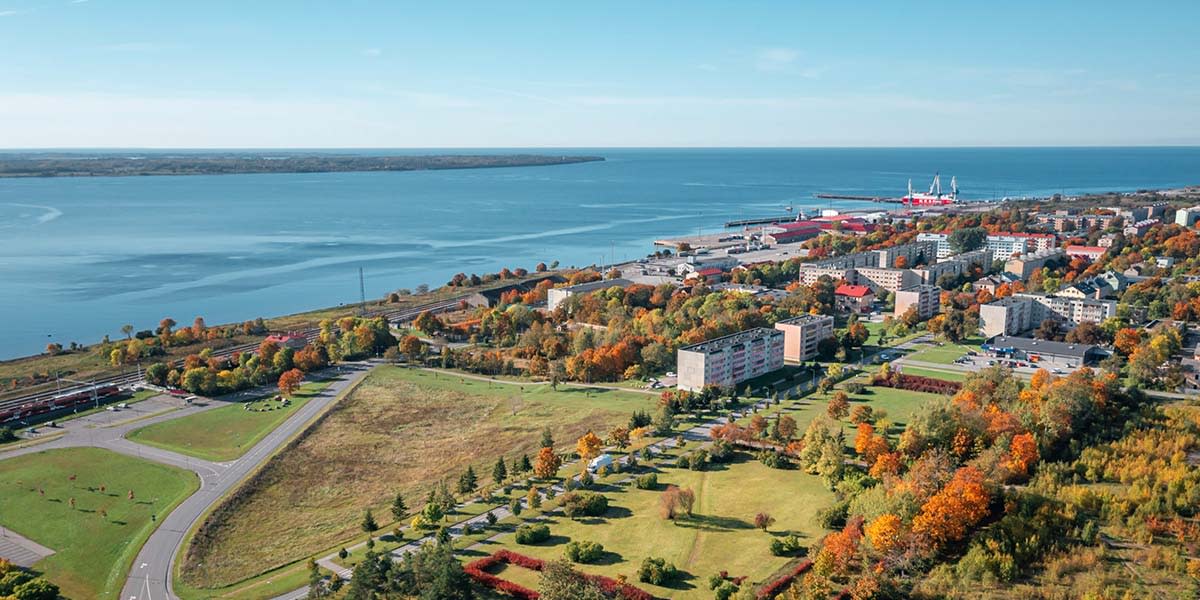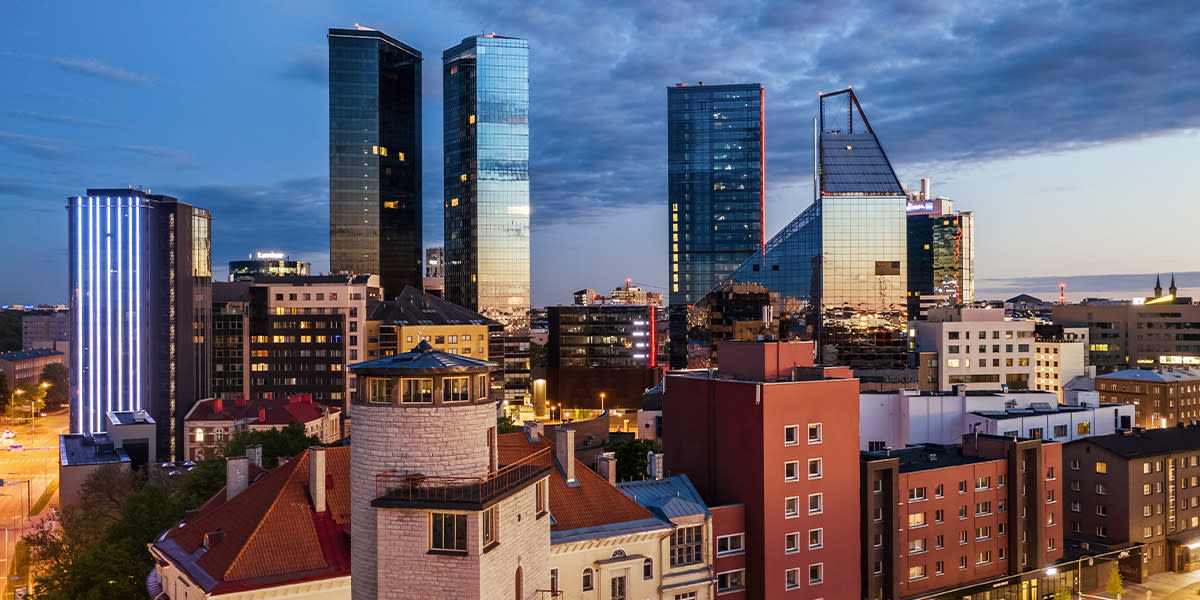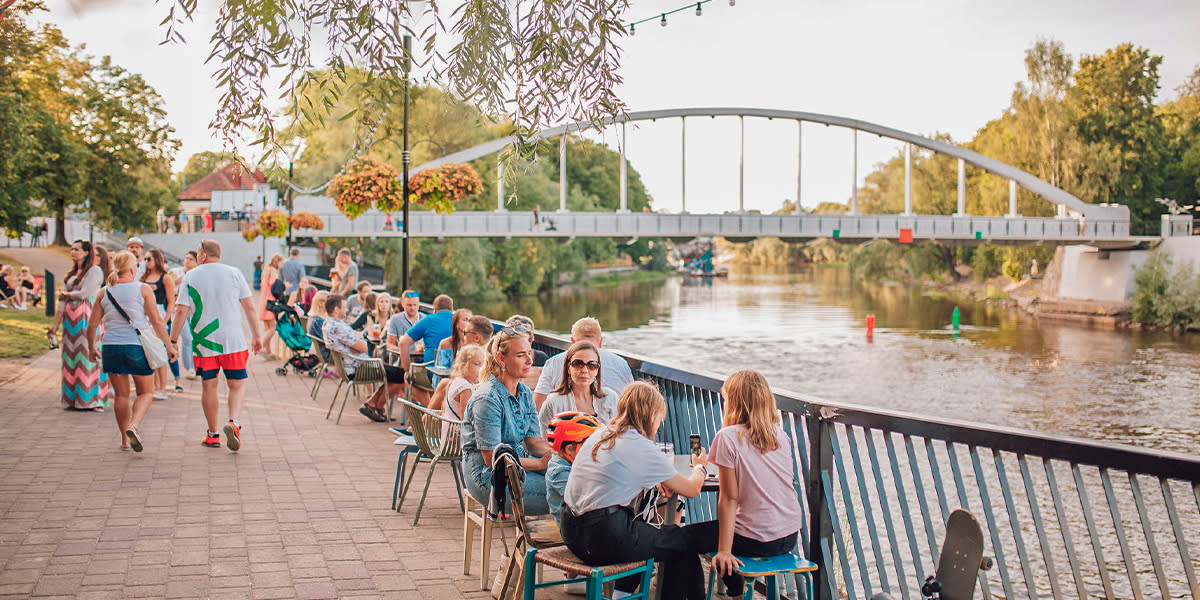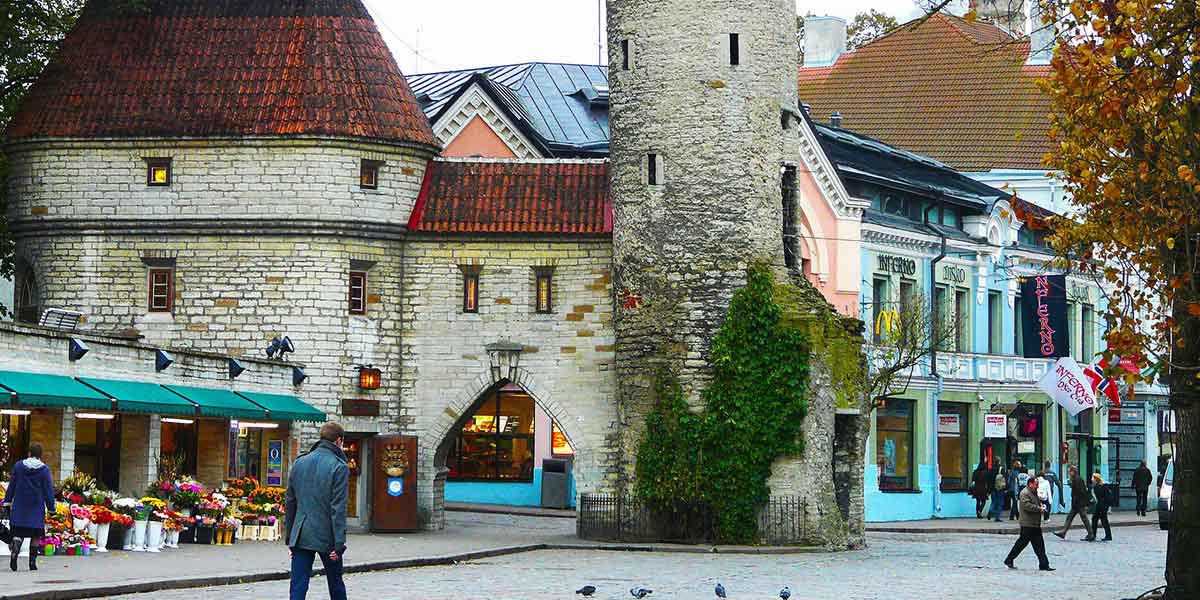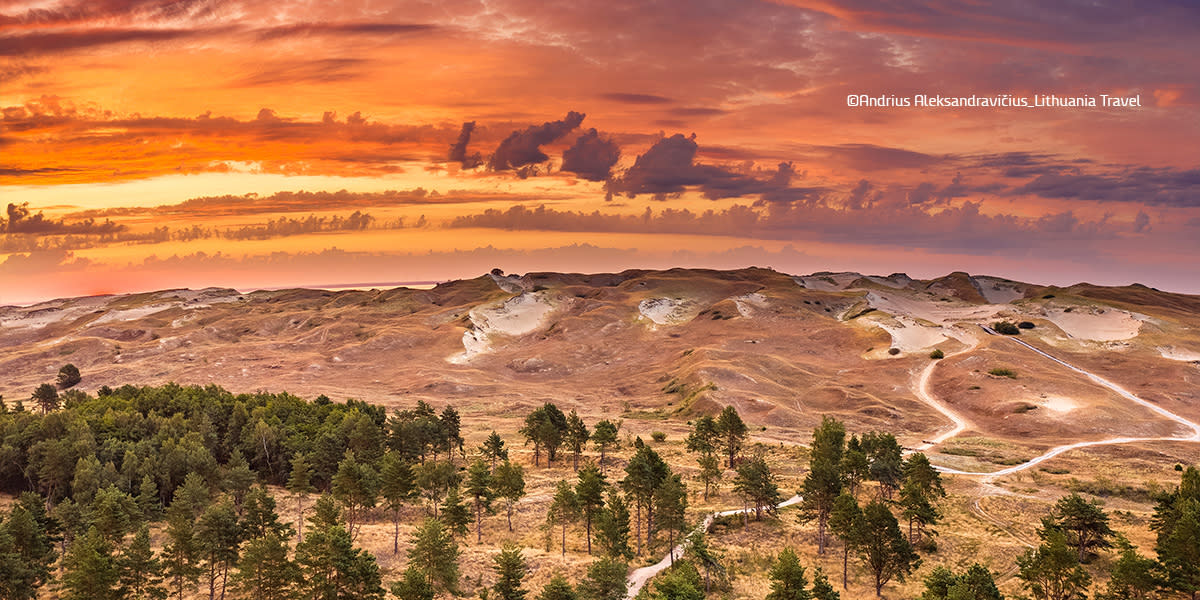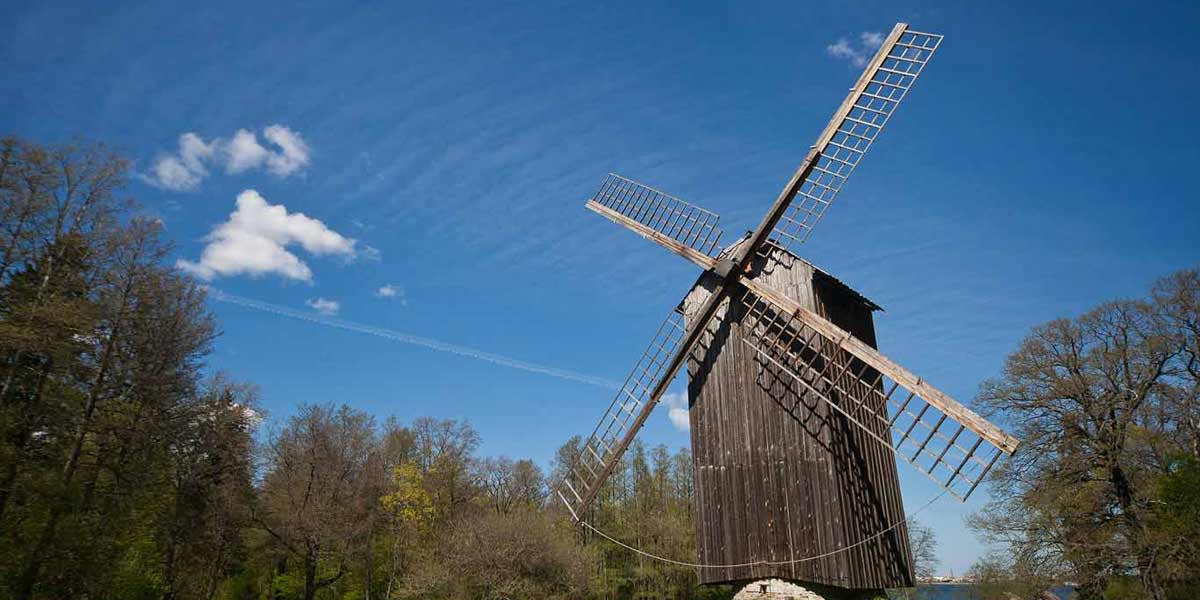
Estonia - East
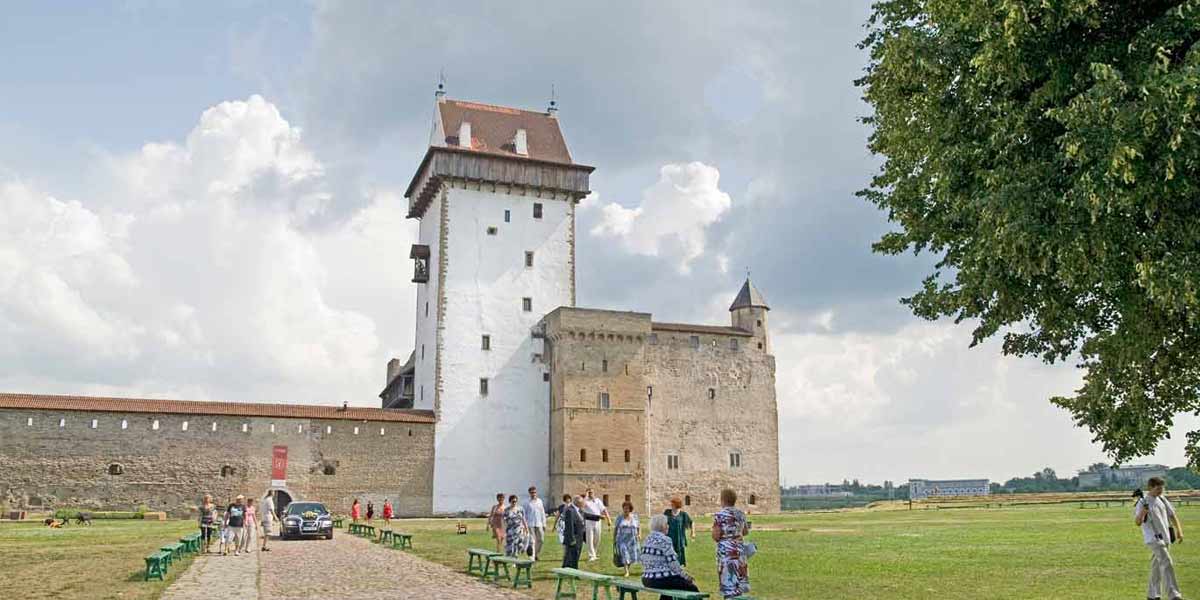
Discover Estonia with DFDS
The intercultural country Estonia was already influenced by the Hanseatic League and Danish, German, Swedish and Russian occupiers have left their mark. Today Estonia is largely oriented towards its direct neighbor Finland. In the north, the ancient fortified city Narva was contested for centuries and now marks the border with Russia. The cityscape is still dominated by the two mighty castles, which are separated only by a river. The city of Otepää also occupies a special place in the history of Estonia because here in 1884 the Estonian flag was consecrated.
Header image credit: VisitEstonia Image credit: VisitEstonia
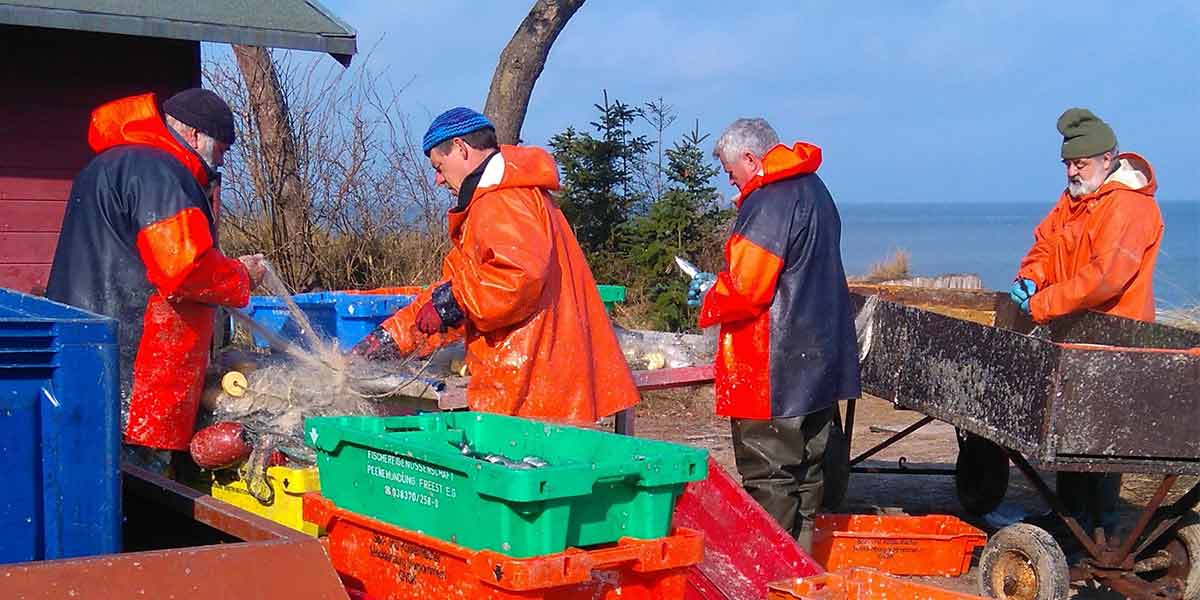
Historical Estonia
The area fascinates with picturesque old mansions and the unique cultural heritage of Setu and Old Believers. The Setus are an ethnic and linguistic minority in southeastern Estonia, which developed from the cultures of the East and the West. A visit to the traditional Setu villages with their so-called "fortress farms" is recommended. The Old Believers arrived in the 17th century fleeing the Russian persecution here and are largely based around the Peipussee. The Old Believers are recognized as hardworking and skilled fishermen, as well as builders. In the museum in the village Kolkja you can convince yourself of their skills.



